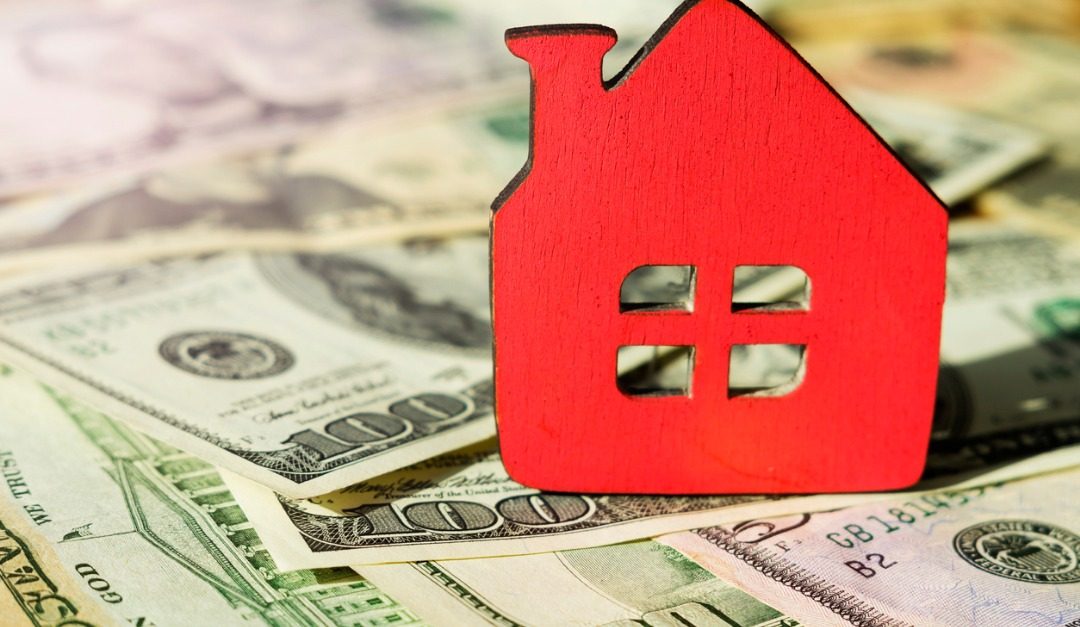(TNS)—More Americans are taking out zero-down loans to buy a home, but not at the rate or with the risk that helped bring on the U.S. recession a decade ago.
Experts say zero-down programs, through which people can purchase a house without a down payment, have become more popular since the 2008 housing crisis, creating an easier path to homeownership but posing risks if the market takes an unexpected downturn.
“We didn’t have to put $30,000 down on a house, but you still get the house you want,” says Christina Martinez, whose family bought a home in Kissimmee, Fla., a few months ago with a zero-down loan through Veterans Affairs. “We could have put (something) down, but since we didn’t have to, we just didn’t.”
In April, zero-down payment loans accounted for 3.6 percent of loans nationally, according to data from realtor.com®, compared with 2 percent nationally in 2008 when they hit a low.
But zero-down loans are still nowhere near as popular as they were pre-recession, when they made up 12.7 percent of loans nationally.
“As people have recovered, now banks are becoming a little bit looser with their lending standards,” says Jason Martin, a financial adviser with Allgen Financial.
Economists say it’s a relatively safe time to use zero-down programs, as home values continue to rise and the labor market remains strong. But some urged caution, pointing out the programs usually have high interest rates and high monthly mortgage payments.
In the past year, home values in the United States have shot up 5.2 percent, and Zillow predicts they will rise another 2.2 percent within the next year.
Martin says typically people who can’t afford to save enough for a down payment are not ready to buy a home, and most people who lost their homes in 2008 were those who put little down.
If the home’s value drops, buyers wind up owing more than the houses are worth.
“Why take the risk? You don’t want to get yourself into a position where, if the market does top, you’re way underwater on your home,” Martin says. “It’s very dangerous for someone to buy a home when they’re not ready to buy a home.”
Stacy Luna, a lender with Atlantic Bay Mortgage Group, says buyers who don’t make much of a down payment are more likely to lose their homes to their lenders.
“Unfortunately, what we do find with people with less skin in the game, those are the people who end up in foreclosure,” Luna says. “Maybe they lose their job, or maybe they had a roommate and now the roommate’s gone, something breaks on the house. All they know is I only had $1,000 in it so why should I stay?”
Some experts say the zero-down programs themselves are much safer than in the early 2000s, when applicants in some cases didn’t even have to prove income.
The most popular zero-down loans are for former military through the Veterans Affairs and people living in rural areas through the U.S. Department of Agriculture.
The Federal Housing Commission requires buyers to put 3 percent down.
“We certainly are not back in the freewheeling days of 2006 where anyone could get a half-million dollar mortgage,” says University of Central Florida economist Sean Snaith. “Availability to mortgage credit was beyond easy.”
For Dana Signore, a single mother who recently bought a house in Clermont, Fla., the only way she could afford to buy a home was if she didn’t put anything down. She qualified for a zero-down loan through the USDA for her $230,000 home.
“That was really the only option,” Signore says. “The money wasn’t there.”
If her clients qualify and are comfortable with the monthly mortgage payments, Annie Amalfitano, a manager and loan originator for Motto Mortgage Exclusive, encourages them to utilize the VA and USDA programs. It’s better than renting, she says.
“Why would you pay $1,200, $1,500, $1,600 a month…when you can get into a home for that much? Why would you?” Amalfitano says. “You’re just lining somebody else’s pockets and you’re not building any equity yourself. Your rent is going out the window.”
©2019 The Orlando Sentinel (Orlando, Fla.)
Visit The Orlando Sentinel (Orlando, Fla.) at www.OrlandoSentinel.com
Distributed by Tribune Content Agency, LLC




